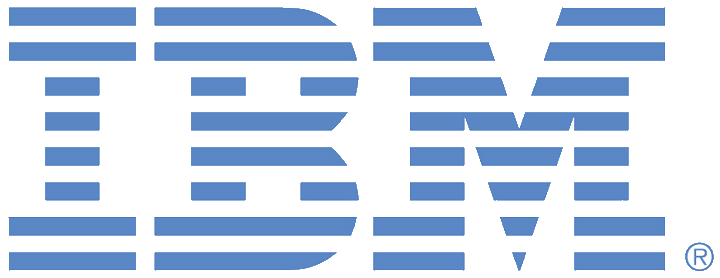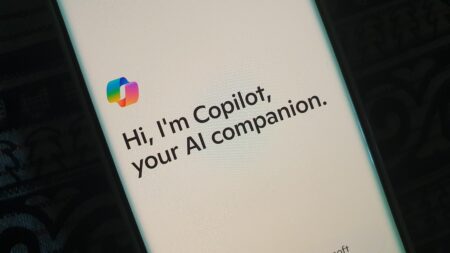
IBM Consulting has expanded its Microsoft partnership to include working with joint customers to a range of common and less widely used generative AI use cases.
Under the generative AI push, which expands on the two giants’ existing work in areas including cloud migrations, the two companies aim to help customers capitalize on generative AI in support of:
- Procurement and source to pay
- Healthcare
- Summarization and content generation
- Enterprise search and knowledge base management
IBM Consulting’s Azure OpenAI Service, which is available on Azure Marketplace, allows developers and data scientists to apply powerful large language models including GPT in support of these diverse use cases.
Cutting Through the Noise (and Labor)
While content generation and summarization, as well as enterprise search, have been oft-cited generative AI use cases, procurement, source to pay, and healthcare have been less widely discussed as applications that are primed to benefit from generative AI functionality.
In procurement and source to pay, the new service combines Microsoft Power Platform and Azure OpenAI Service to help automate manual and fragmented sourcing and procurement processes as well as drive new insights about supply chains. The goal: to improve operational efficiency and save time.
Chris McGuire, vice president and general manager of the Microsoft global strategic partnership for IBM Consulting, said generative AI could expedite time-intensive processes such as creating requests for proposal or gathering data; one example could be gathering information about potential suppliers of packaging for consumer goods firms. “Instead of having to do an immense amount of research and go through reams of data themselves, they can just create a query and ask who would be best,” McGuire says, yielding faster decisions.
The source-to-pay service was co-funded and co-developed by Microsoft and IBM. A small number of consumer packaged goods companies are using the service, while 36 deals are in the pipeline, McGuire says.
Faster Time to Diagnosis
In the healthcare vertical, IBM Consulting’s service is designed to automatically ingest and analyze complex medical records and policy documents to help automate prior authorization processes. It’s also designed to help collect information from patient records and improve the clinician experience, at least in part, by reducing administrative burdens.

It also holds the potential to make patient diagnoses, and overall care, more efficient, McGuire says. For example, a patient waiting for results of an MRI typically has to wait for a manual review to be completed. With generative AI, the results could be available much more quickly.
“With a properly built platform, you can quickly analyze the situation as well as going back and analyzing that patient’s history,” he says. “That’s going to help doctors get answers much quicker and get the patient the answers they’re looking for.”
McGuire says there are large healthcare companies participating in the co-creation of this service.
Azure and AI Alignment
While IBM has partnered with Microsoft and competing hyperscalers, McGuire described Microsoft’s unique advantages when supporting AI applications and services.
- Having generative AI functionality (built on OpenAI) available on Azure means quicker access to large sets of customer data to run large language models against
- Microsoft’s aggressive push into copilots — generative AI assistants tailored to a range of applications and use cases — enables IBM practitioners and their customers to achieve outcomes quickly.
The Azure marketplace lists IBM Consulting Azure OpenAI service as a proof of concept at a price of $65,000. IBM Consulting now has a half dozen consulting services available in the Azure Marketplace.










